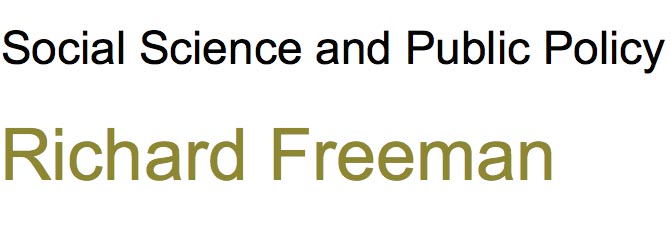![]() Background: Over the past ten years the promotion of recovery has become a stated aim of mental health policies within a number of English speaking countries, including Scotland. Implementation of a recovery approach involves a significant reorientation of mental health services and practices, which often poses significant challenges for reformers. This article examines how four key technologies of recovery have assisted in the move towards the creation of a recovery-oriented mental health system in Scotland. Methods:Drawing on documentary analysis and a series of interviews we examine the construction and implementation of four key recovery ‘technologies’ as they have been put to use in Scotland: recovery narratives, the Scottish Recovery Indicator (SRI), Wellness Recovery Action Planning (WRAP) and peer support. Results: Our findings illuminate how each of these technologies works to instantiate, exemplify and disseminate a ‘recovery orientation’ at different sites within the mental health system in order to bring about a ‘recovery oriented’ mental health system. They also enable us to identify some of the factors that facilitate or hinder the effectiveness of those technologies in bringing about a change in how mental health services are delivered in Scotland. These finding provide a basis for some general reflections on the utility of ‘recovery technologies’ to implement a shift towards recovery in mental health services in Scotland and elsewhere. Conclusions: Our analysis of this process within the Scottish context will be valuable for policy makers and service coordinators wishing to implement recovery values within their own national mental health systems.
Background: Over the past ten years the promotion of recovery has become a stated aim of mental health policies within a number of English speaking countries, including Scotland. Implementation of a recovery approach involves a significant reorientation of mental health services and practices, which often poses significant challenges for reformers. This article examines how four key technologies of recovery have assisted in the move towards the creation of a recovery-oriented mental health system in Scotland. Methods:Drawing on documentary analysis and a series of interviews we examine the construction and implementation of four key recovery ‘technologies’ as they have been put to use in Scotland: recovery narratives, the Scottish Recovery Indicator (SRI), Wellness Recovery Action Planning (WRAP) and peer support. Results: Our findings illuminate how each of these technologies works to instantiate, exemplify and disseminate a ‘recovery orientation’ at different sites within the mental health system in order to bring about a ‘recovery oriented’ mental health system. They also enable us to identify some of the factors that facilitate or hinder the effectiveness of those technologies in bringing about a change in how mental health services are delivered in Scotland. These finding provide a basis for some general reflections on the utility of ‘recovery technologies’ to implement a shift towards recovery in mental health services in Scotland and elsewhere. Conclusions: Our analysis of this process within the Scottish context will be valuable for policy makers and service coordinators wishing to implement recovery values within their own national mental health systems.
Source: International Journal of Mental Health Systems 5:11
